dp0609 - FEP - Universidade do Porto
dp0609 - FEP - Universidade do Porto
dp0609 - FEP - Universidade do Porto
Create successful ePaper yourself
Turn your PDF publications into a flip-book with our unique Google optimized e-Paper software.
companies are deeply interested in ensuring that their financial statements will<br />
not be modified by auditors so as to maintain a good reputation in the capital<br />
markets in terms of the quality of its financial reporting.<br />
Generally speaking, the above results are consistent with firms<br />
characterized by financial or growth difficulties being more engaged in<br />
a<strong>do</strong>pting aggressive accounting options attempting to convey a more<br />
favourable image of their financial position or performance. The auditors,<br />
however, given most likely the larger litigation risks they face in those clients,<br />
try to insulate themselves from such risks by issuing modified audit opinions.<br />
6. Robustness checks<br />
In this section we analyze the possibility that some other factors may<br />
account for the results presented earlier as well as their robustness to<br />
different variable definitions. Table 11 reports the results obtained for a<br />
number of different specifications.<br />
6.1. Qualified opinions<br />
In model 1 we redefined the dependent variable as follows:<br />
QOPIN = 1, if a firm has been issued a qualified opinion (i.e.,<br />
qualifications only), and 0 otherwise.<br />
The reasoning for this redefinition relates to the fact that information<br />
users may lend greater importance to an opinion which has been qualified by<br />
the auditor as the result of one or more qualifications rather than mere<br />
emphases. In agreement with such perspective, CMVM, the exchange<br />
commission, seems to consider the existence of qualifications a particularly<br />
important issue since that in its analysis of audit reports for listed companies it<br />
only took in consideration the existence of qualified opinions, ignoring thus all<br />
emphases 14 .<br />
Of the 91 observations in our sample 29 (32%) corresponded to<br />
qualified opinions redefined as explained above. The regression results,<br />
however, are still globally significant, albeit with a lower pseu<strong>do</strong>-R 2 (0.39). The<br />
existence of an executive committee (proxy for board diligence) and the<br />
29


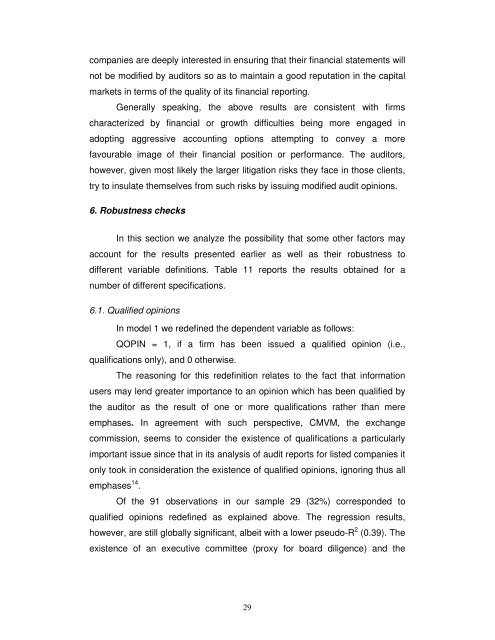

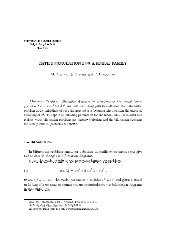
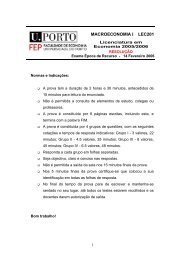
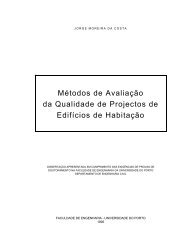

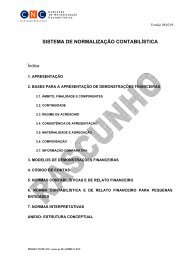
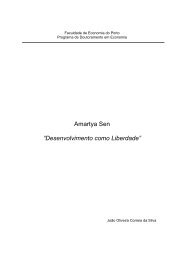
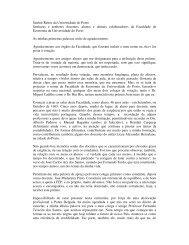
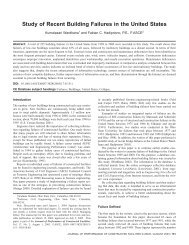
![Republica [Popular] de Moçambique. As Alterações Toponímicas e ...](https://img.yumpu.com/20789614/1/184x260/republica-popular-de-mocambique-as-alteracoes-toponimicas-e-.jpg?quality=85)




